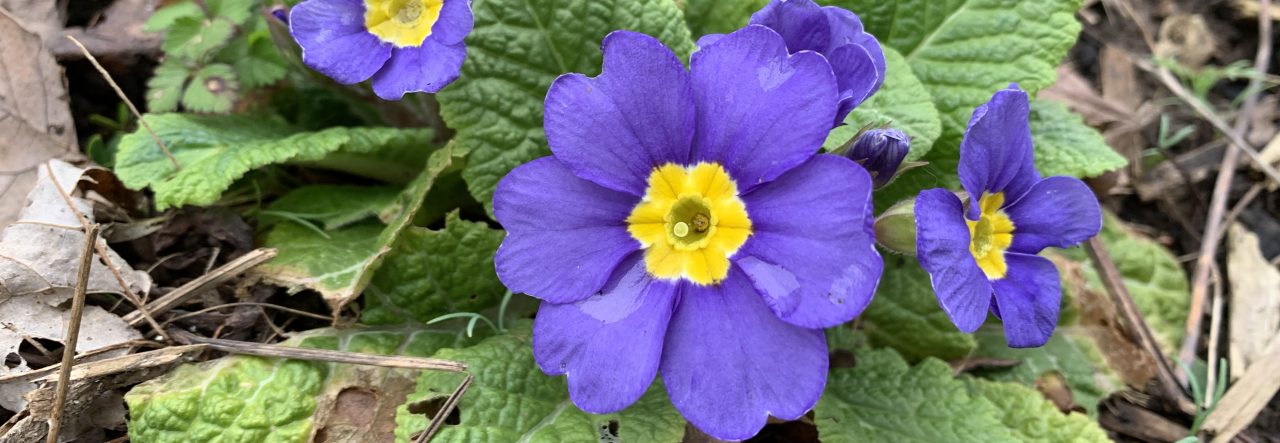
This month I’ve been obsessed with water. Starting with my art grant for next year, which focuses on how water always seems to show up in my paintings, to the horrific events still unfolding in Texas. I’ve gone from lazy afternoons spent watching barges glide down the Ohio River on painting trips to recoiling from the unforgettable photos and videos of the broiling brown brew currently washing away lives and lands.
Like Katrina before it, I felt the same sinking feeling with Harvey as I tracked the swirling cloud mass on weather maps and phone apps. Growing up on the east coast I remember well the endless deluge of Agnes in 1972, when constant rain soaked through everything in my family’s spanking new saltbox colonial home, the wooden shingles, the old-fashioned plaster walls that only a very few craftsmen still knew how to apply, and the extensive fireplaces built with unglazed brick. My mother set out so many pots and pans to catch the drips, that the sparsely furnished rooms echoed like a tin symphony.
But that was nothing compared to the flooding of my beloved meadow, where the innocent creek that meandered through my youthful playdates became a wrathful river that destroyed the little driveway bridge carrying us to the outside world of groceries and grandma’s house. We waited days before my father was able to reconstruct a passage to freedom. By that time, the angry torrents had reduced to a slimy whimper, and when I managed to slip and slide my way to the meadow’s edge, I couldn’t recognize my former friend amid the scattered rocks and stinking muck from a thousand fields upstream.
The gentle bends and soft shoulders of the grassy banks I knew by heart were never the same, making it easier to say goodbye. The next year we moved away to another land with a completely different kind of water, where my brother and I played in a man-made ditch that ran straight as an arrow through soil the color of coal, reflecting a greenish hue that I would later realize was filled with something more ominous than the little leeches clinging painlessly to my legs in the old meadow.
And while Agnes’ unrelenting rain and stifling air fell heavy on my bony shoulders that June of 1972, this was nothing compared to what the population of Texas is enduring. My family didn’t watch our beautiful new house fill up with sewage, or have to leave our pets behind, we didn’t inhale the choking fumes of chemical plants and refineries relieving themselves of toxic byproducts as they shut down, and we didn’t know anyone who perished beneath a dark current.
This water, no matter how swift, will never wash away the fear and countless tragedies. As I grieve for those living beings who have been affected by this national disaster and donate what I can, I find myself wondering whether the suffering evacuees will return and the bridges be rebuilt, or if it is easier to say goodbye and start over somewhere else? Only time will tell and there is one thing I do know:
It will never be the same.
